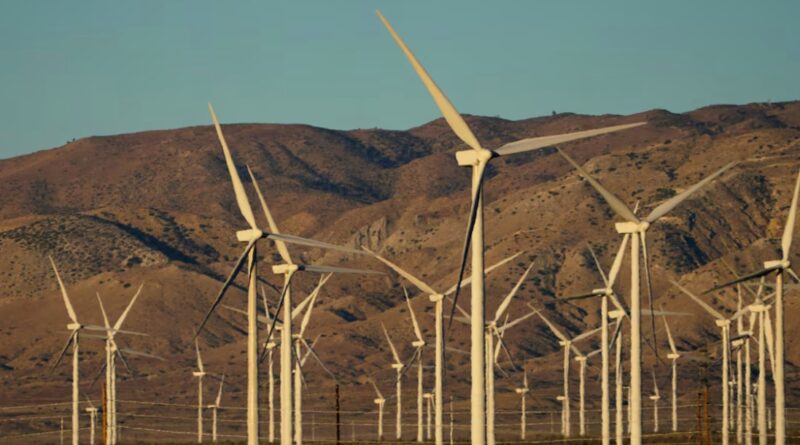Global shift to renewables slowed in 2023, policy group says
The global shift to renewables in major energy-consuming sectors slowed in 2023, hindered by regulatory gaps, political pressures and a failure to set clear targets, a policy group said on Wednesday.
The COVID-19 pandemic and the Ukraine war helped ambitions to shift to renewables amid growing concerns about energy security, but governments have failed to build on the momentum, an annual assessment by Paris-based REN21 group said.
By the end of last year, only 13 countries – including the United States, India and China – had implemented policies on renewables that cover buildings, industry, transport and agriculture, with only 12.7% of the energy the sectors consume coming from clean sources, REN21 said.
Many countries have even backtracked on their ambitions: of 69 countries with renewable energy targets for end-users, only 17 extended them beyond 2024, said REN21, which brings together governments, research institutions and NGOs to promote the switch to clean energy.
“Governments have basically stepped back from their ambitions, and energy-consuming sectors don’t have the economic incentives any more,” REN21’s Executive Director Rana Adib said.
The report warned that countries were slow on reforms and the trillions of dollars of subsidies granted to fossil fuels, particularly in industry and agriculture, still hold the energy transition back.
Falling fossil fuel prices in 2023 also shaped policymaking, and debate about the costs of switching to cleaner energy have intensified, especially as many countries head towards elections, Adib said.
Decarbonising heavy industry remains a major challenge, with “hard to abate” sectors such as cement and steel arguing that renewables cannot generate the heat required to fire their kilns and blast furnaces.
But while the transition of industry could prove more challenging than transportation, solutions do exist, including the use of electric arc furnaces to make steel, Adib said.
“Hard to abate’ already sends the message that these are sectors that are almost impossible to decarbonise, which is not true,” she said.
Source: Reuters




